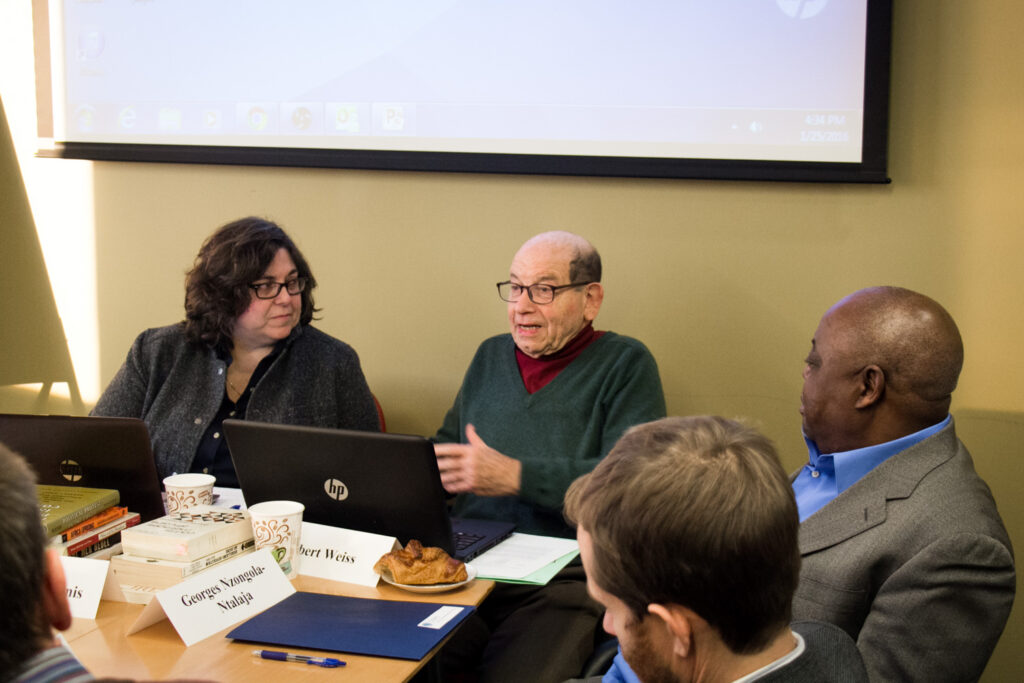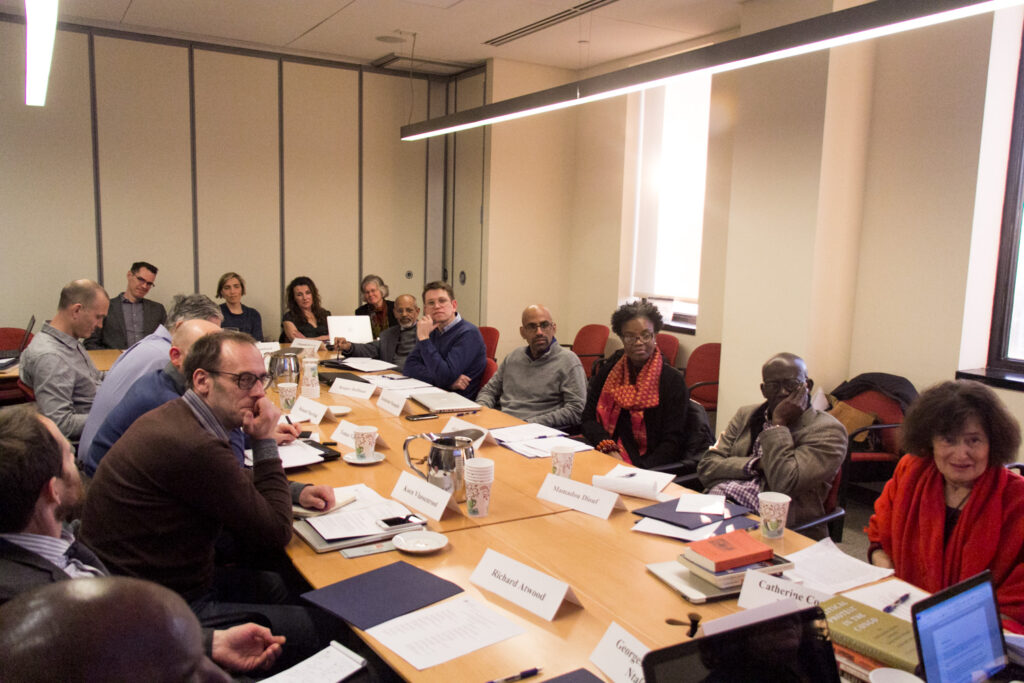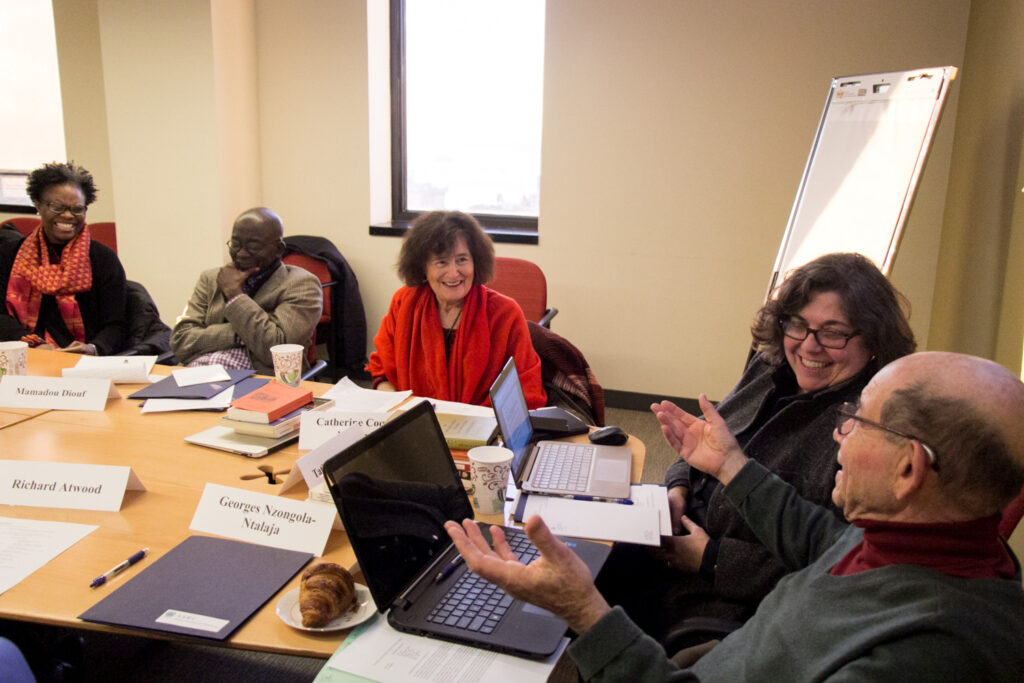Six decades ago, in his book Political Protest in the Congo (Princeton University Press, 1967), Herbert Weiss first used the term “rural radicalism” to describe the rural dimensions of independence struggle in the Belgian Congo. Weiss overturned the conventional wisdom, as reflected in the arguments of Rupert Emerson and others during the “wave” of African independence, that “the rural masses supply neither leaders nor political impetus in African nationalist movements” (Bennett 1968). While peasant revolts in Asia were studied as such, most studies of independence movements in Sub-Saharan Africa in the 1950s and 1960s undervalued the role of the rural, as well as the fact that the rural masses did not consist only of peasants.
In the last two decades, and line with the global rise of protest, there is also a renewed attention to different forms of African rural protest. Global dynamics of societal disruption, triggered by neoliberal politics and their failure to alleviate poverty; climate change and its pressure on natural resources and livelihoods; fear of loss of identity caused by globalization and growing concerns over the “mobile poor,” including minorities and refugees (Scoones et al. 2018); and the uprooting impact of a global pandemic as a contributing factor, provoke the emergence of radical forms of protest, ranging from contentious politics to populist voting behavior and armed mobilization. What we can learn from these rural forms of contention is that a global process of social transformation today particularly affects rural societies worldwide. What we are witnessing today suggests that we have reached a new momentum caused by profound socio-economic shifts of rural space.
A special issue in the African Studies Review edited by SSRC Program Director Tatiana Carayannis, Michael Watts (University of California—Berkeley), Annalisa Bolin (Social Science Research Council),and Koen Vlassenroot (University of Ghent) explores these questions. It is a culmination of two research workshops hosted by the Understanding Violent Program and Conflict Prevention and Peace Forum at the SSRC in 2016 and 2021.
To accompany this special issue, we are publishing a retrospective essay by Herbert Weiss, who inspired this contemporary deep dive on rural radicalism and whose book on the subject won him the Herskovits Prize for best book in African Studies. In this essay, Herbert Weiss recounts the research journey that led him to conceiving of “rural radicalism” and reflects on the relevance and application of the concept to political mobilization and protest today.


